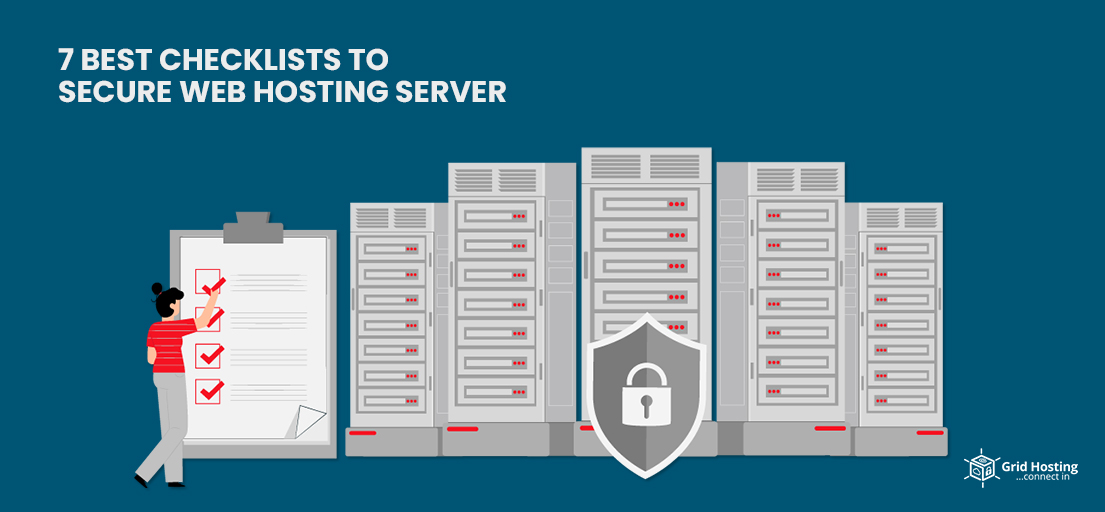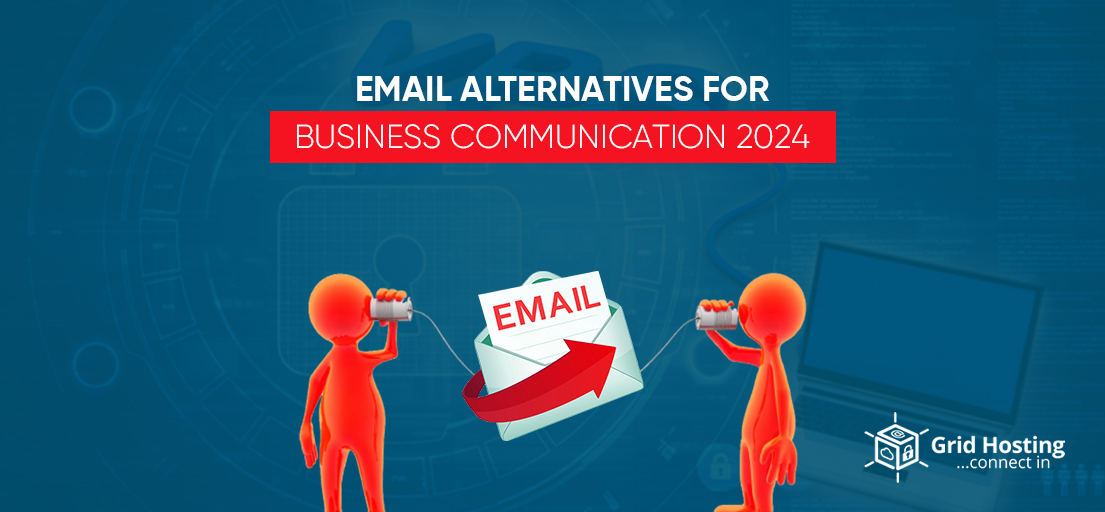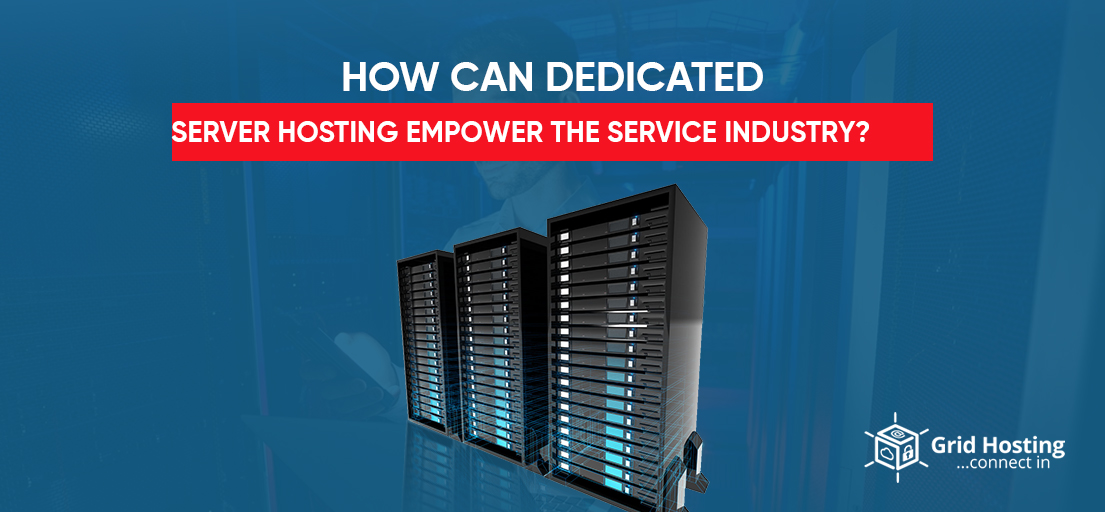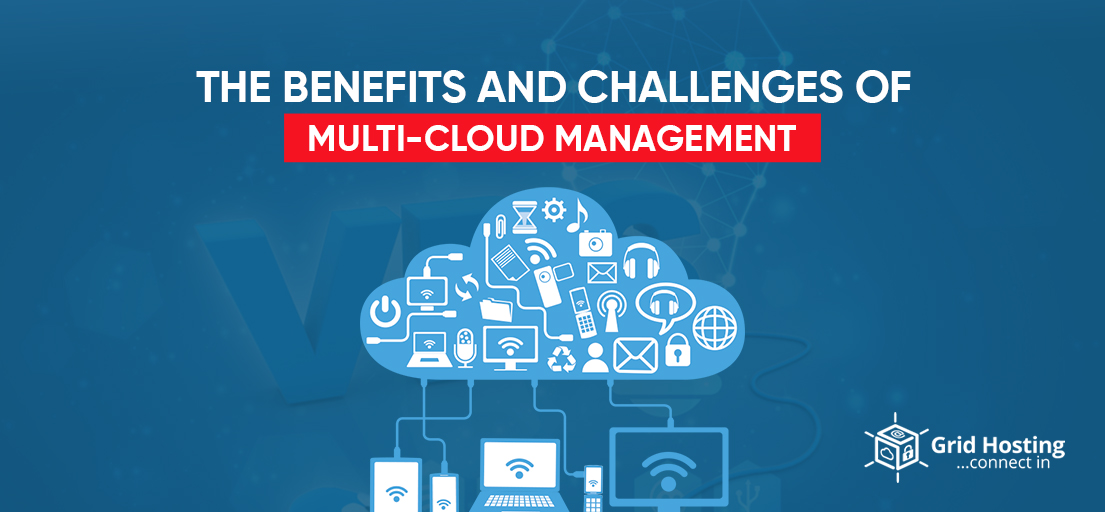If you are new to web administration, you may find it difficult to apply security measures. There are too many technical terms to learn. However, it is more than necessary. Imagine, you struggle to receive millions of traffic and someone hacks the website.
Hackers are always trying to find new ways to get into your network. So, you have to be hyper-alert. But, if you make a wise choice for a web hosting provider, you can sit down and relax.
But how do we identify such web hosting servers? Well, here is the complete checklist to get hosting server security.
Limit to Access Sensitive Information
Professional web hosts always check and balance who accesses the virtual machine. They also do not let everyone reach the physical servers. Ignoring data security allows hackers to intercept. Secure Socket Shell (SSH) is a network protocol that provides access to login information.
It uses a robust password authentication system and public authentication keys. Moreover, they also provide SSL encryption through SSL certificates. If someone tries to read the data, it will be useless to them. Most web hosts come with complimentary SSL certificates. These days, it is critical for web security.
A secure web hosting must add a web application firewall to add another protection layer. The job of this firewall is to protect and filter the HTTP traffic. Hence, their role in preventing attacks is critical.
So before you get on board with a web host, ask them which network protocol they use? Also, you should ensure that they offer SSL certificates.
Good Web Host Offers Data Backups
Backups are the last option in the worst-case scenario. Despite all precautions, sometimes, hackers manage to hack your website. Now, will you build all the data from scratch? That is almost impossible. It is critical to have a website backup saved offsite. Yes, the server location will not be working correctly, of course.
So, there has to be a second location to save the backup. Do not forget to make sure that your web hosting plans and vendor covers automatic backups. Also, it should include backup storage that can store many versions of your website.
Malware Detection & Removal
Everyone knows about the severity of malware. It is a broad term that encompasses a lot of different attacks. Malware could be any malicious program or code that may try to steal data from your device, spy on your activities, or damage the data. The damages can be more than severe for businesses. Malware can steal customer information and destroy your brand reputation. So be cautious during host selection. They must scan the system for viruses regularly. Ask them what they do for malware removal?
DDoS Prevention & CDN Support
DDoS attacks, the abbreviation of Distributed Denial of Service, count as standard hacker tools. Threat actors flood the website with traffic more than it can handle. The server is overwhelmed if it has to deliver the page repeatedly. As a result, real users cannot access it. Such attacks are tough to resolve, and the only way out is to prevent them. Content Delivery Networks (CDN) help web hosts with this.
CDN is a set of servers, all at different locations. These servers store the cached content. Thus, they can deliver content quickly to visitors. The user is automatically assigned the nearest server. Thus, the hosting bandwidth reduces. The probability of DDoS attacks disrupting the services also decreases with it. CDN is usually part of web hosting services. If your provider does not support it, you have to add it separately. However, before paying, make sure to ask the following questions from your provider.
- What are your procedures for mitigating and recovering from DDoS attacks?
- Do you provide CDN support?
- How will you prevent DDoS attacks?
- Will the customers receive DDoS attack notifications?
Ensure Hardware Protection
Getting a web host means you are buying server space. The server is going to host the files of your website. So physical security of your server is as important as the software level security.
Physical security ensures that hardware is protected in any scenario. Do check the security levels of data centers where your servers reside. It should be top-notch. Only authorized personnel should be able to access it. If cabinet racks are not secure and there are no controlled access points, criminals can physically mess with the servers. Data centers must have security cameras, motion detectors, and controlled access points.
Moreover, the human factor is not the only threat. There always are risks of a power outage. Then, anytime natural disasters or accidents can strike. So maximum safety requires server rooms to be watertight and fireproof. Ideal servers’ rooms always have automatic generators and racks mounted on floors, walls, or ceilings.
Then, we always have data backups at offsite locations for extra security layers. Do not trust the server rooms located at disaster-prone (hurricane/earthquake) sites.
Good Network Monitoring
Excellent and professional web hosting providers always monitor and analyze threats proactively. As a result, threats are handled before they become severe problems. Ask your web host about their monitoring procedures. Also, ask how they notify customers about threats.
Protect From Brute Force
Brute Force is also one of the most common hacking methods. Machines or individuals enter a lot of possible combinations of characters. They keep trying until they reach the correct password. If the key search turns out to be successful, data encryption is of no use. Unauthorized people will access the machine. If you are a cPanel user, you can turn on cPHulk to limit the login attempts.
Follow and Join Us On Facebook for Discounts and Offers







